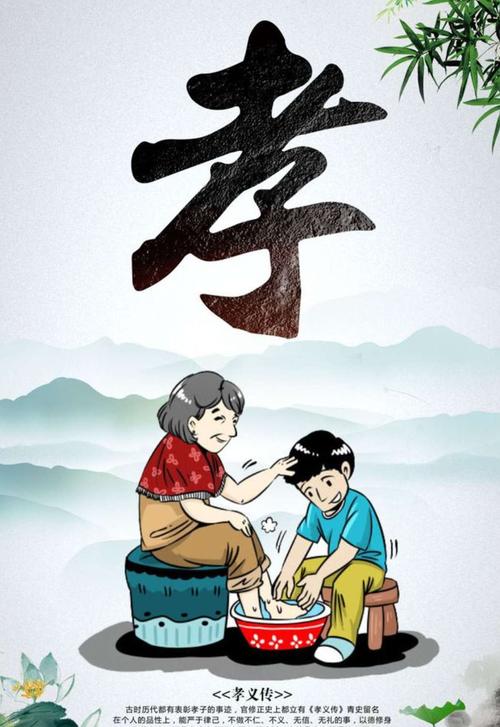古代Ancient Laws and Customs Regarding Respect for the Elderly
In ancient civilizations, the concept of respecting elders was deeply ingrained in societal norms and legal frameworks. These laws and customs varied across different cultures and historical periods, but they shared a common theme of revering and caring for the elderly members of society. Here, we explore some examples of ancient laws and customs that upheld the principle of honoring the elderly.
1. Confucianism in Ancient China:
Confucianism, a dominant philosophical and ethical system in ancient China, emphasized filial piety as a fundamental virtue. The Confucian classics, such as the "Book of Rites" and the "Analects," contained teachings regarding the importance of respecting one's parents and elders. These principles were not only moral guidelines but also formed the basis of legal regulations.
In ancient China, there were specific laws that mandated filial piety and respect for the elderly. For instance, during the Han Dynasty, there were legal codes that imposed penalties on individuals who neglected or mistreated their elderly parents. Such offenses were considered serious breaches of societal norms and were punishable by fines, imprisonment, or even corporal punishment.
2. Roman Law and Paterfamilias:

In ancient Rome, the concept of *paterfamilias* (the male head of the household) held significant legal and social authority. The *paterfamilias* was responsible for the welfare of his family members, including the elderly. Roman law, particularly under the Twelve Tables and later codifications, contained provisions that emphasized the duty of family members to care for their elders.
While there were no explicit laws solely dedicated to the protection of the elderly, Roman legal principles regarding familial obligations indirectly enforced respect for the elderly. Failure to fulfill these obligations could lead to legal consequences and social stigma.
3. Tribal Customs and Elders' Councils:
In many ancient tribal societies, elders held revered positions of wisdom and authority. Tribal customs often included rituals and ceremonies that honored the wisdom and experience of the elderly. Additionally, elders frequently formed councils that played crucial roles in decisionmaking processes within the community.
Though not codified in written laws, these customs were deeply ingrained in the fabric of tribal societies and were upheld through oral traditions and cultural practices. Disrespect or disregard for the counsel of elders could result in ostracism or loss of standing within the community.
Conclusion:
Throughout history, various ancient civilizations recognized the importance of respecting and honoring the elderly. Whether through explicit legal codes, philosophical teachings, or cultural customs, societies upheld the principle of filial piety and reverence for elders. These laws and customs not only served to maintain social cohesion but also reflected the recognition of the valuable contributions and wisdom imparted by the elderly members of society











